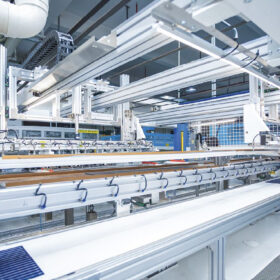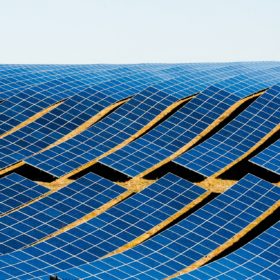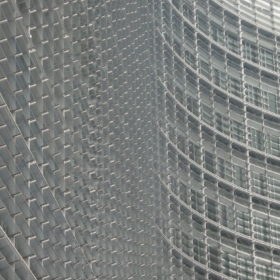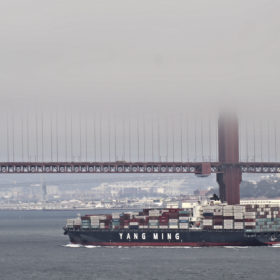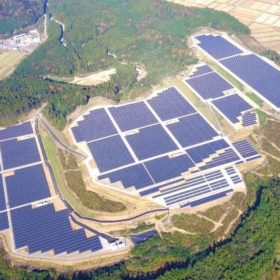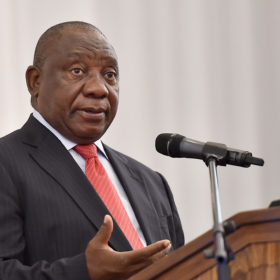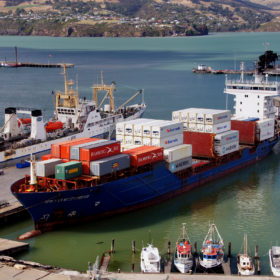Building bridges between East and West
Italian module manufacturer FuturaSun has big expansion plans in China, with the first phase of a 15 GW silicon cell fab due online in Huai’an in the first quarter of 2024, in addition to 1 GW of module production in Taizhou. Erik Eikelboom, technical adviser to FuturaSun, offers a closer look at the project.
Importers could pay EU carbon tax from 2026
European commissioner for economy Paolo Gentiloni has outlined how the commission’s planned revision of the energy taxation regime, and introduction of an EU carbon border, could be applied.
Local content requirement costs for large-scale PV in India
A UK-German research team analyzed solar auctions in India between 2014 and 2017 and has determined that local content requirements have driven up PV costs by an average of 6% per kilowatt-hour.
European industrial strategy makes no mention of solar
The move has been welcomed as a step in the right direction by lobby group SolarPower Europe nevertheless, particularly as it envisages bringing together EU low-carbon businesses. The outline ambition will now be considered by the European Parliament.
The weekend read: The specter of PV protectionism
Trade tariffs are spreading across the global PV industry. The United States has been especially active with its sandwich of old antidumping and countervailing duties coupled with new Section 201, 232 and 301 duties. Some of these are part of the Sino-U.S. trade dispute; others impact not only Chinese producers, but manufacturers around the world. So, what will be the impact of this new era of PV protectionism on the solar sector?
Japanese giants have solar operations on the down-low
Panasonic offloaded some of its PV interests to Chinese HJT cell maker GS-Solar and Kyocera is advertising further savings from its solar operations but neither business unit acted as a significant drag on wider group figures.
South Africa’s carbon tax could lift its PV industry
The nation appears ready to join the ranks of global solar protectionists but any fears about its energy transition may be dampened by the introduction of one of the world’s first true carbon levies – provided emitters are not afforded too many loopholes.
Protectionist measures working as Chinese export destinations shift
While the world’s biggest solar manufacturers are confident there are plenty of alternative markets for a rising volume of panel exports, the message spelled out by first-quarter shipment figures is that protectionism works.
